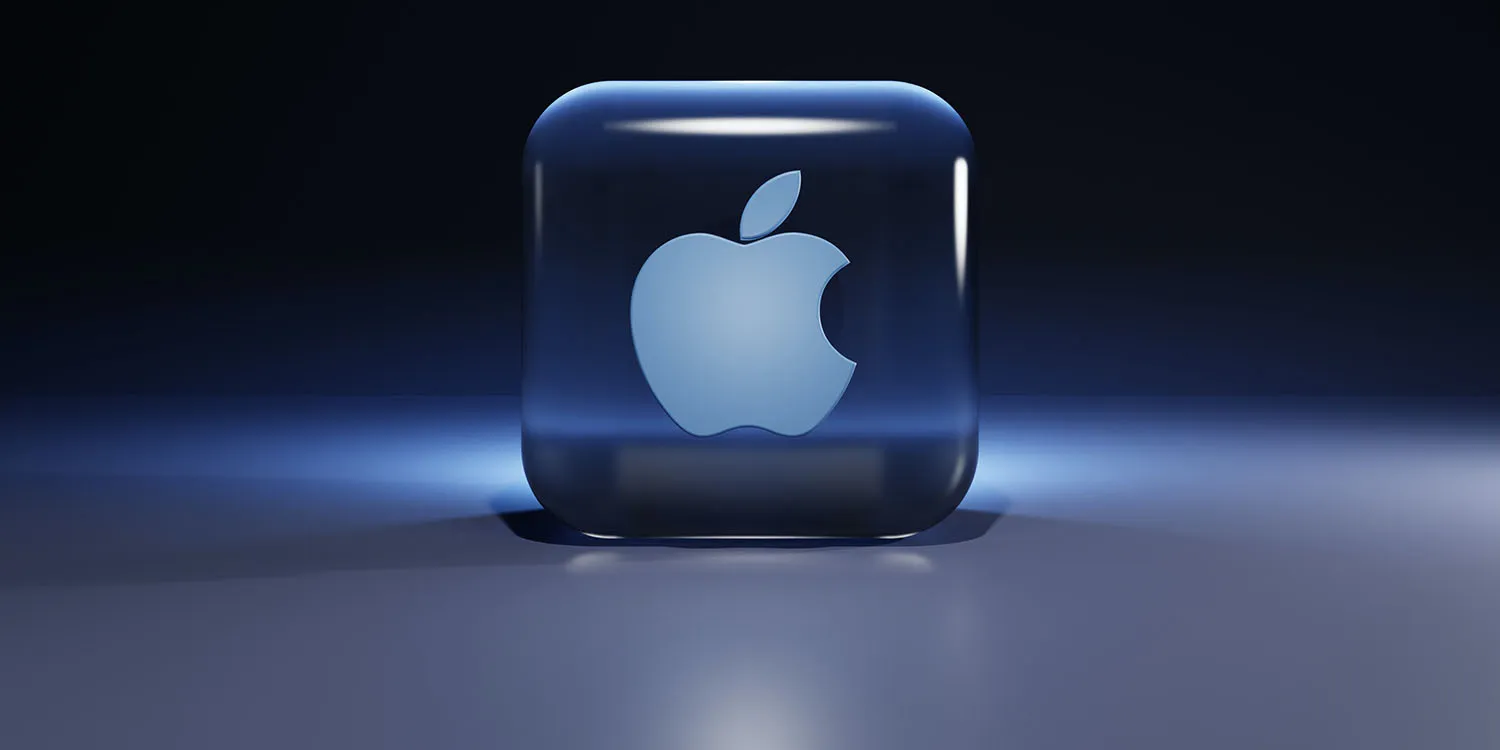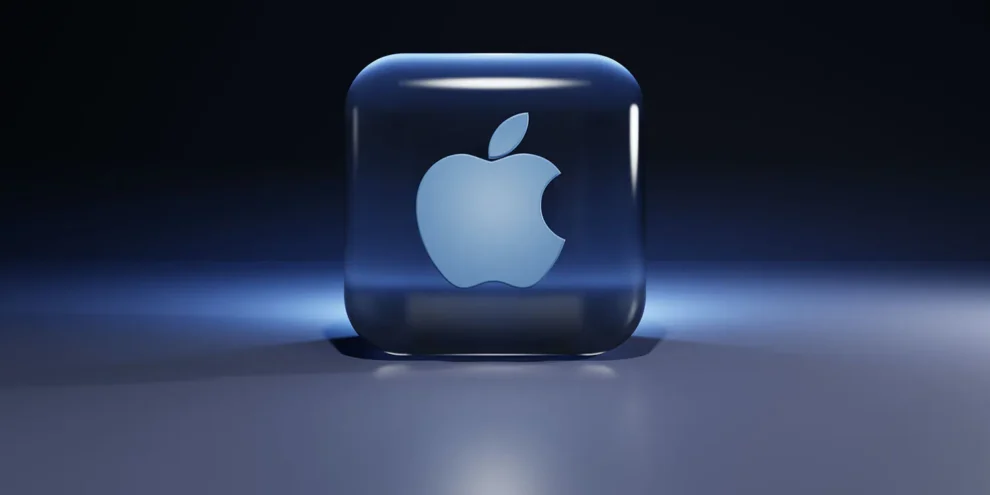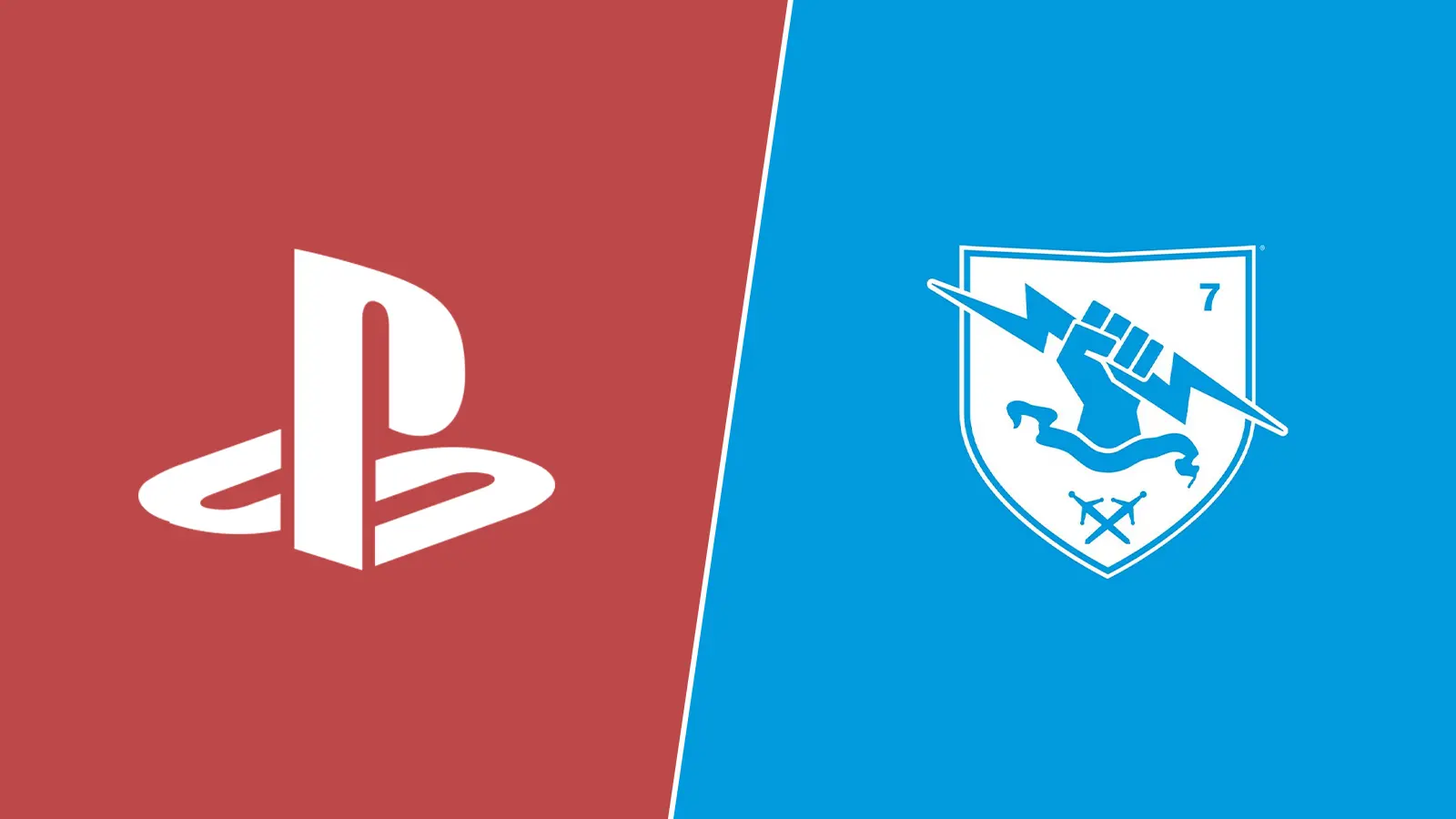In a surprising turn of events, Apple’s iMessage has been exempted from the stringent regulations of the European Union’s Digital Markets Act (DMA), securing a significant victory for the tech giant amid increasing global scrutiny over the operations of large technology firms.
Key Highlights:
- The European Union’s Digital Markets Act (DMA) aimed at promoting digital competition will not apply to Apple’s iMessage.
- An investigation found iMessage and Microsoft Bing do not dominate their respective markets to warrant DMA regulation.
- Despite iMessage’s exemption, Apple must still implement major changes to its App Store ecosystem in the EU.

The DMA, designed to curb the power of major tech companies and foster a more competitive digital market, requires so-called “gatekeeper” platforms to make their services interoperable with rivals. Initially, it appeared that services like iMessage would need to open up to competitors, a move that could have dramatically altered the messaging app’s operational framework within the EU.
iMessage’s Reprieve: A Closer Look
After a thorough investigation, EU regulators concluded that iMessage does not hold a dominant market position that necessitates adherence to the DMA’s interoperability requirements. This decision follows Apple’s argument that iMessage’s user base in Europe is too small for it to be considered a “gatekeeper” under the DMA’s definitions. The probe’s outcome is a significant relief for Apple, which had been facing the prospect of having to overhaul its messaging service to comply with the new regulations.
Implications for the Digital Markets Act
The DMA’s primary goal is to ensure that large tech companies do not abuse their market positions to stifle competition. While iMessage has been spared, the act still imposes significant obligations on other parts of Apple’s business, particularly its App Store. The company is required to open up its ecosystem to allow for alternative app marketplaces, a move that could have wide-reaching implications for app distribution in the EU.
The Future of Digital Regulation
Apple’s exemption from the DMA’s requirements for iMessage highlights the complex balance regulators must strike between fostering competition and acknowledging the specific market dynamics of different services. The decision not to classify iMessage as a gatekeeper service underscores the nuanced approach the EU is taking, potentially setting a precedent for how other services might be evaluated under the DMA.
However, the broader implications of the DMA for the tech industry remain significant. Companies identified as gatekeepers are subject to strict rules aimed at preventing anti-competitive practices, including making their platforms more open to competitors. For Apple and other tech giants, this means navigating a new regulatory landscape that could transform how they operate in one of their most important markets.
Summary
The EU’s decision to exempt iMessage from the Digital Markets Act’s regulation marks a notable moment in the ongoing debate over how to regulate the world’s largest technology companies. While Apple may have won this battle, the war over digital market regulation is far from over. The tech industry will have to adapt to an evolving regulatory environment that seeks to balance the scales of digital competition, ensuring that smaller players have a fair chance to succeed in the digital marketplace.


















